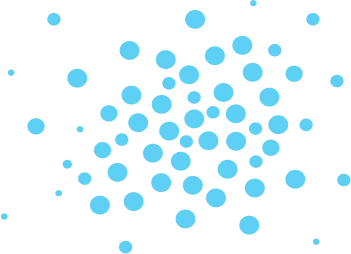Discover the world's only
Community Experience Platform
Our 6 products and add-ons together form your unique CXP. Read more about the benefits and schedule a demo for a personal consult.

What is a CXP?
Our Community Experience Platform (or CXP) is a comprehensive software solution designed to elevate the way organizations manage and engage with their communities. Unlike traditional community software, a CXP goes beyond basic functions to offer a holistic approach towards strategic platform building and (automated) member engagement.
It integrates multiple products, such as a Community Management System (CMS), Cloud Hosting, our Gaia AI, Engagement Automation and more, into a unified platform.
The goal of our CXP is to deliver an exceptional and delightful user experience along the entire member journey.
Discover Open Social's
Community Experience Platform (CXP)
Rethink engagement models and member journeys, and explore the benefits our experience platform offers.

You could call us a B2B2C solution. We prefer H2H: Human to Human.

Our goal? To get the right information, to the right person, at the right time.

Your community has an endless amount of insight. We have Gaia AI to turn that data into answers.

We don't just build platforms. We build global networks.
Trusted by the world’s most ambitious organizations














Client cases
Open Social's impact

Josh Goodman
Business Owner


Margaret Peterson
CEO

Intuitive interface built for your community

Connect. Collaborate. Thrive.
